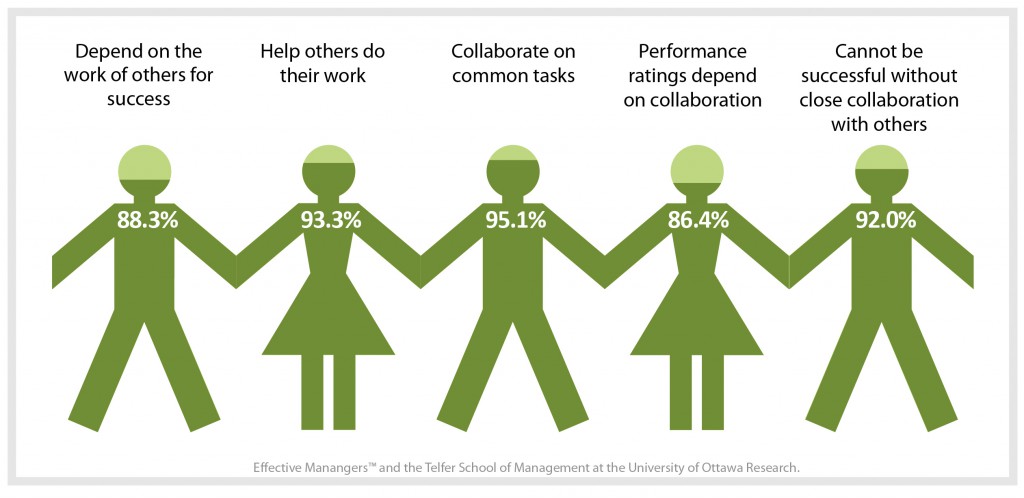When was the last time you read an email from a colleague at work and almost lost it because of the blatant unreasonableness of the request? If this has never happened to you, you are in a very small minority. When I am in organizations I almost always see some form of conflict in the workplace.
No, I’m not talking about fisticuffs in the lunch room. One would hope that is pretty rare! I am talking about that every day, gut wrenching incident where you disagree with a colleague about how you work together. Examples abound:
- Finance needs data from Operations but Operations is busy operating
- The HR policy on hiring below the mid-point means you can’t find qualified people
- Sales keeps selling things that Production can’t produce in the committed time frame
- Legal won’t approve a contract but the Business Unit feels the risk is acceptable
- Head Office wants things done in a way that conflicts with instructions from the Plant Manager
You are not alone. In an article published in the March 2015 issue of Harvard Business Review, Sull, Homkes & Sull tell us that only 9% of managers say they can rely on colleagues in other functions and units all the time.
Most Roles are Interdependent on Other Roles
And yet our own research with the Telfer School of Management at the University of Ottawa tells us that employees are highly interdependent on colleagues in other parts of the organization. Following is the percentage of managers that agreed with the following statements:
Put these two together: high interdependence in a climate where trust is lacking and what do you have? Role conflict.
How do you avoid conflict? From your perspective – you can’t just cave in. You need that product or service or collaboration to succeed in your work. And more often than not your boss isn’t a big help – the situation I see most often is that managers say “you are making a good salary – work it out!” So typically you just do the work yourself. This may get your work done, but at a cost to the organization.
There is a solution
Organizations need to have frameworks in place for accountability and authority. Any one manager cannot overcome the problem because it is systemic. Certainly you can work harder, work smarter, build relationships, call in favors, and so on. This is a cost to you personally, and overall, it is a cost to the organization. I call it organizational churn: the unproductive use of energy and resources in organizations.
The work of developing and implementing an accountability and authority framework, like any other organizational system, starts with the CEO. Accountability and authority need to be understood and used consistently across the organization. The CEO, or by any other title the head of the organization, is the only person who has the authority to decide on initiatives that impact the whole organization. Learn more about accountability in organizations in our recent article on this topic: What Is the One Word that Can Turn Your Organization Around?
Or watch our recorded Webinar on this topic:
Webinar: Conflict in the Workplace – the Culprit and the Solution
In an article published in the March 2015 issue of Harvard Business Review, Sull, Homkes & Sull tell us that only 9% of managers say they can rely on colleagues in other functions and units all the time. That is terrible! No wonder our own Effective ManagersTM research tells us that managers are working at 55% effectiveness. To-days organizations are so complex that almost everyone relies on others for success in their work. And if they can’t be successful because a colleague let them down the result is conflict in the workplace.
In this Webinar we will describe the current situation that we find in organizations. You are not alone! We will then describe the most common causes for workplace conflict. Finally, we will give you some insights into how you can work differently, so your team can be more productive.






